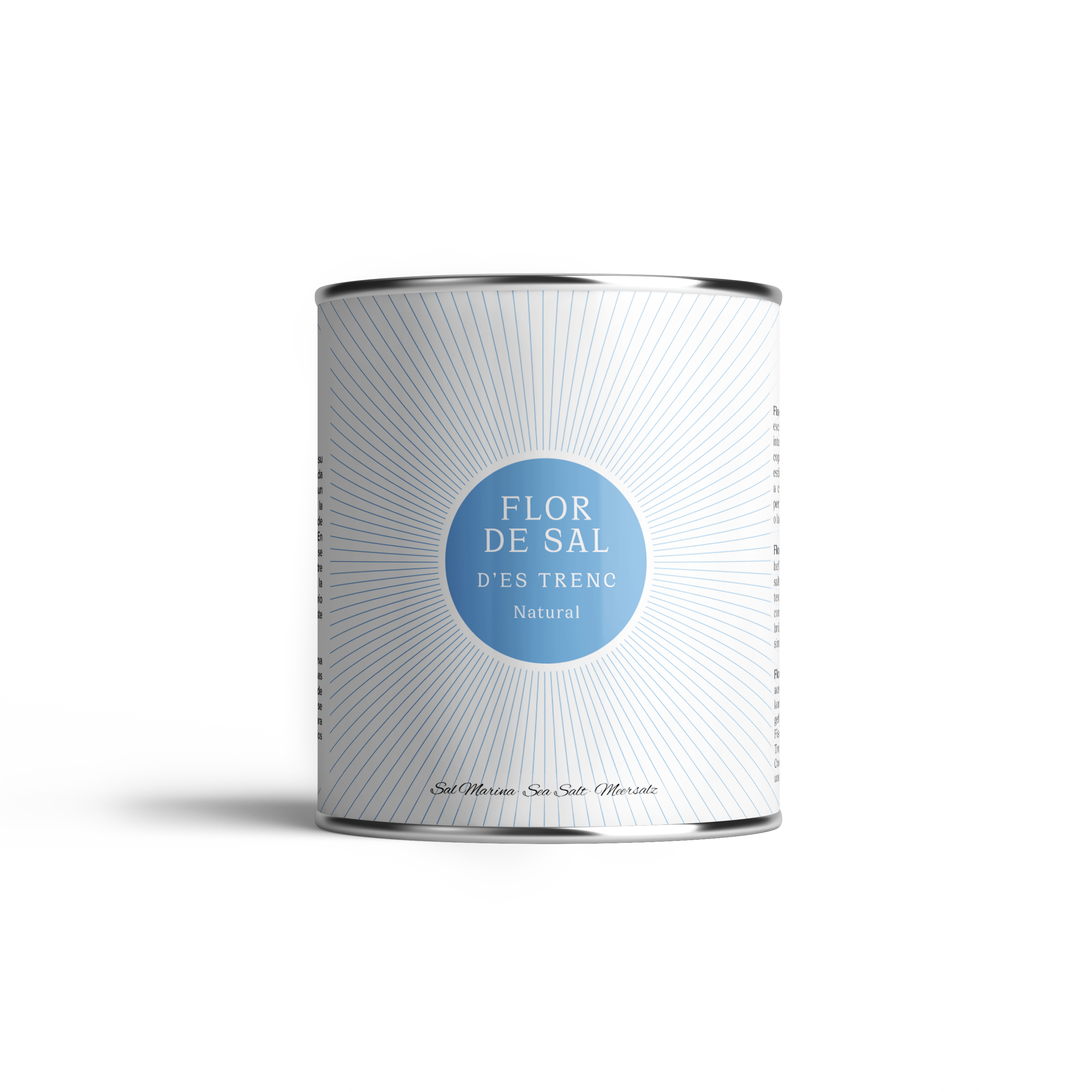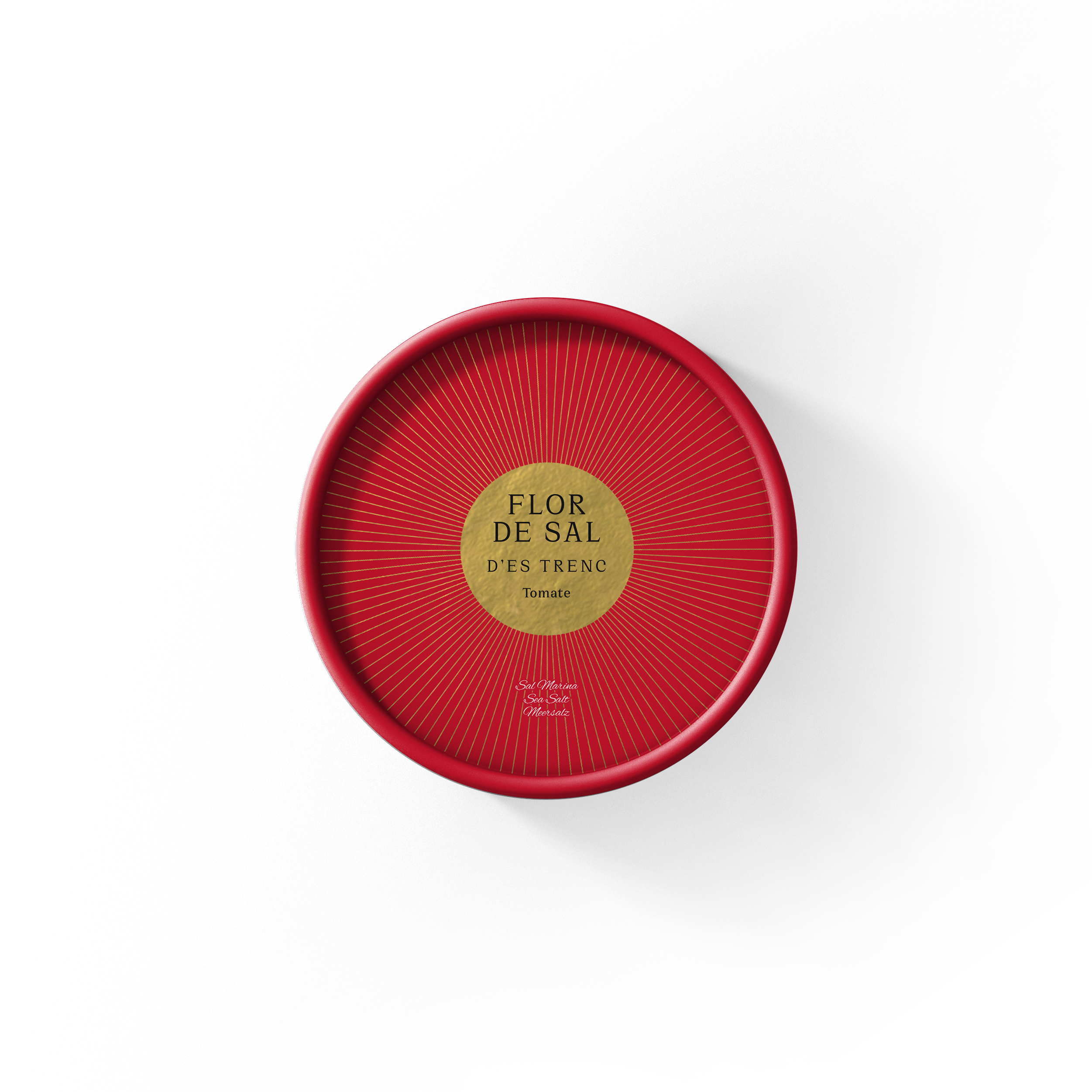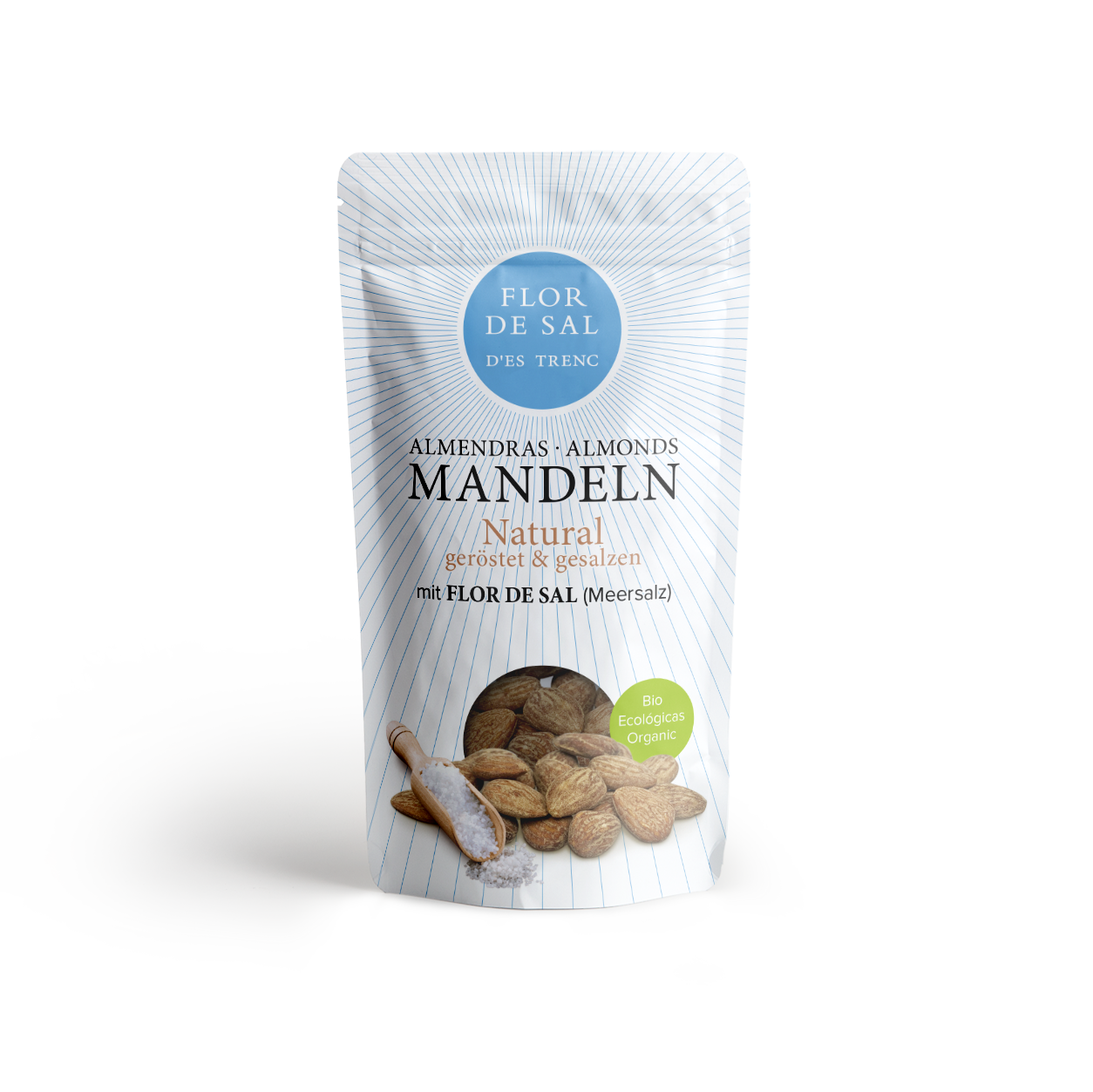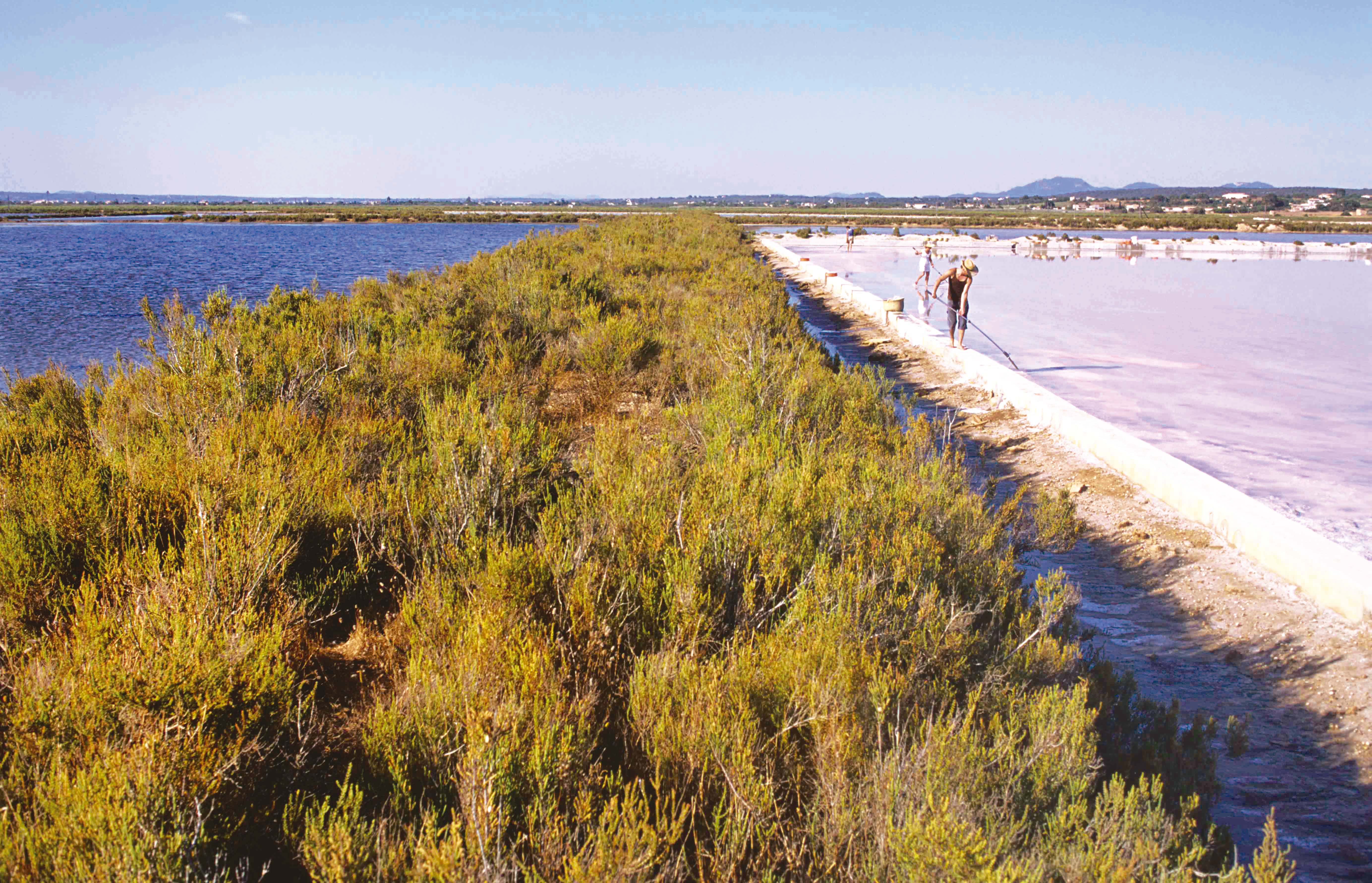Our engagement
Sustainable company phlisophy
Aware of the importance of social respect, care for the environment and sustainability, GMB carries out its business activity respecting the natural environment where it is developed, optimizing natural resources, taking care of the internal and external social sphere, as well as the balanced development of the company. To achieve this, it has its own and effective comprehensive management system: social, environmental and economic based on the ZNU system. Responsible for sustainability: MARGA AMER. Email: m.amer@flordesal.com (English/Spanish)
The key factors
- The protected natural space where it carries out its activity
- Establishment of rigorous policies in the environmental and social field
- Implementation of effective management systems that encompass environmental, social and economic aspects such as ZNU certification
- The continued search and investment in cleaner technologies
- The effort to involve the company's collaborators
- The conviction that the future of the company depends on respect for the environment where our activity is carried out, the protection of the terrestrial and marine environment in general, the responsible use of natural resources, internal and external social involvement with economic balance.
To create shared value, the main way is to offer artisanal, ecological, natural and balanced products that contribute to adding flavor to the preparation of traditional or innovative recipes through a socially responsible and environmentally sustainable activity.
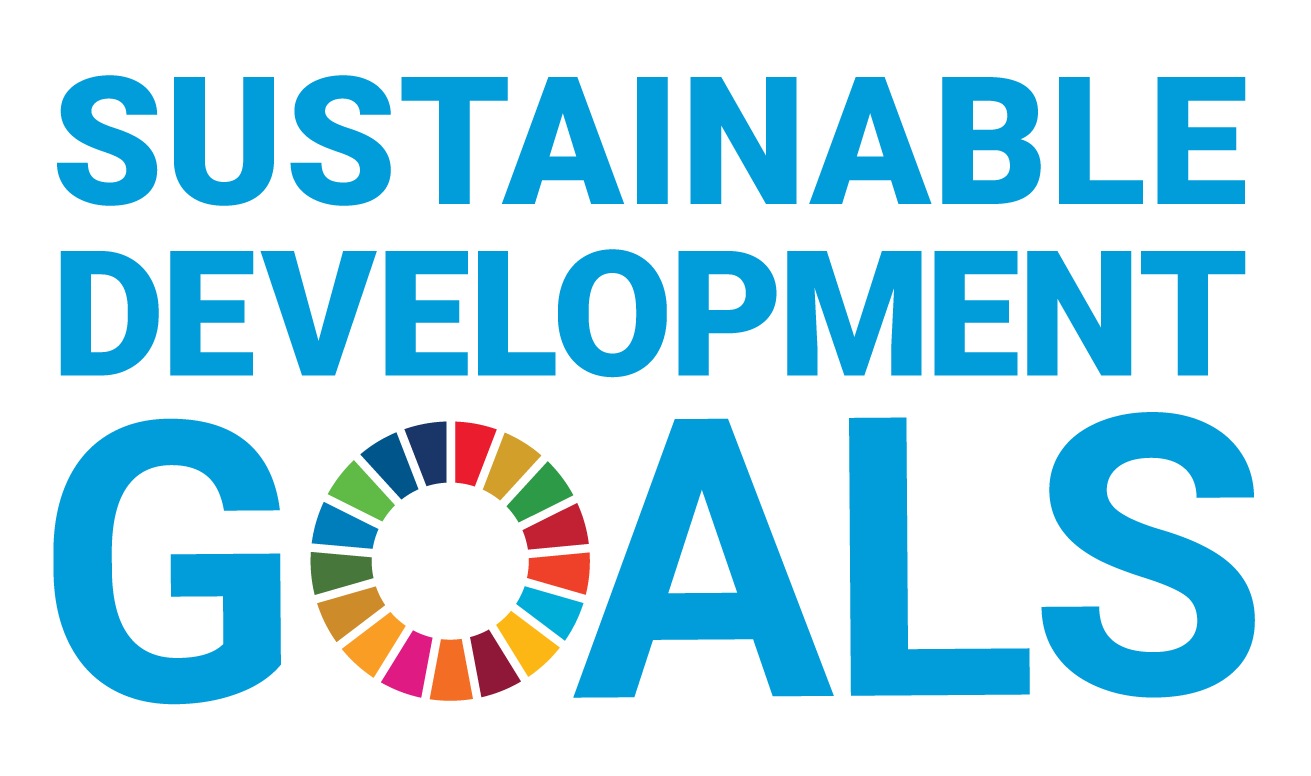
Following the SDG's
We work aligned with the sustainable development objectives, being key for us those detailed below in each of the areas:
Social - Economic - Environmental
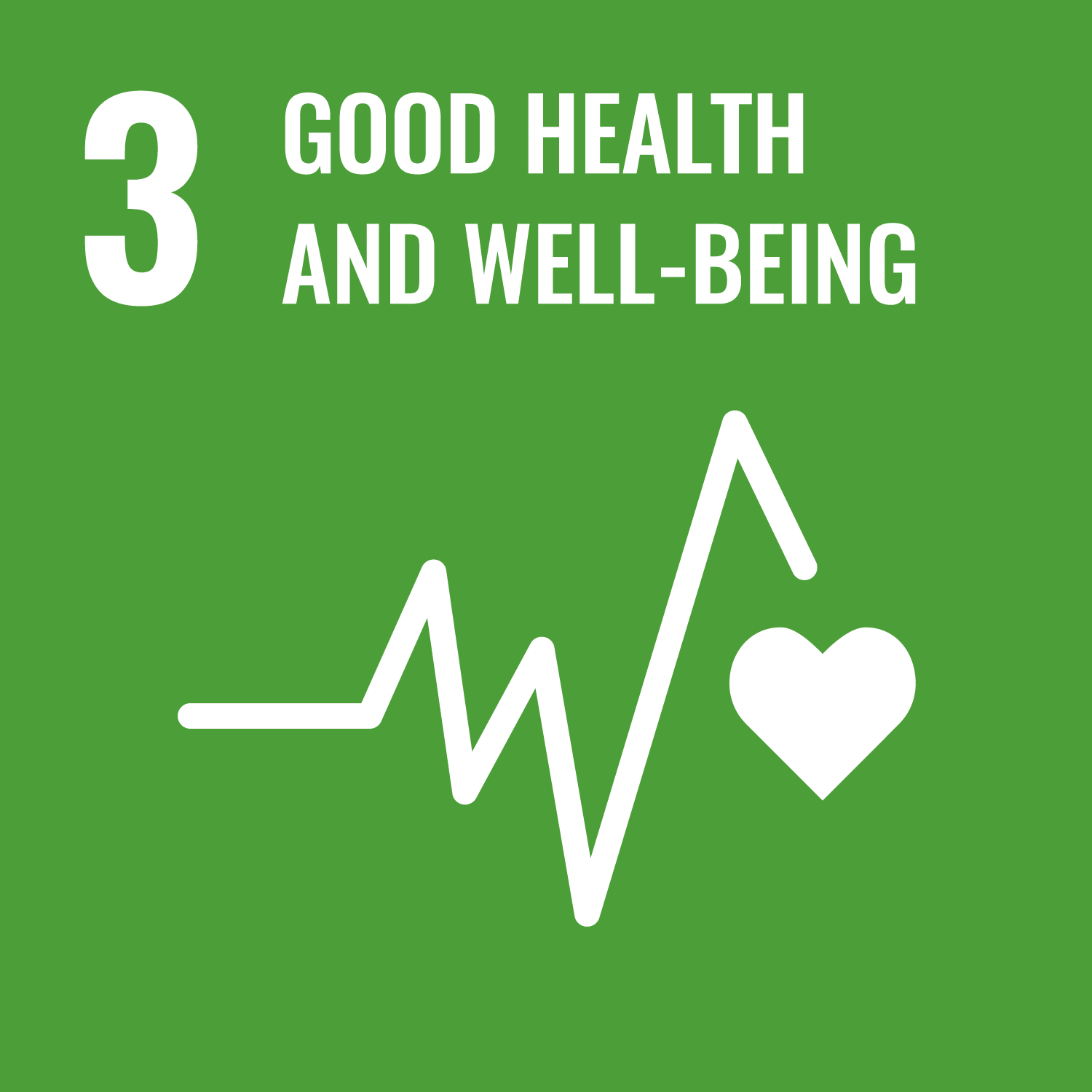
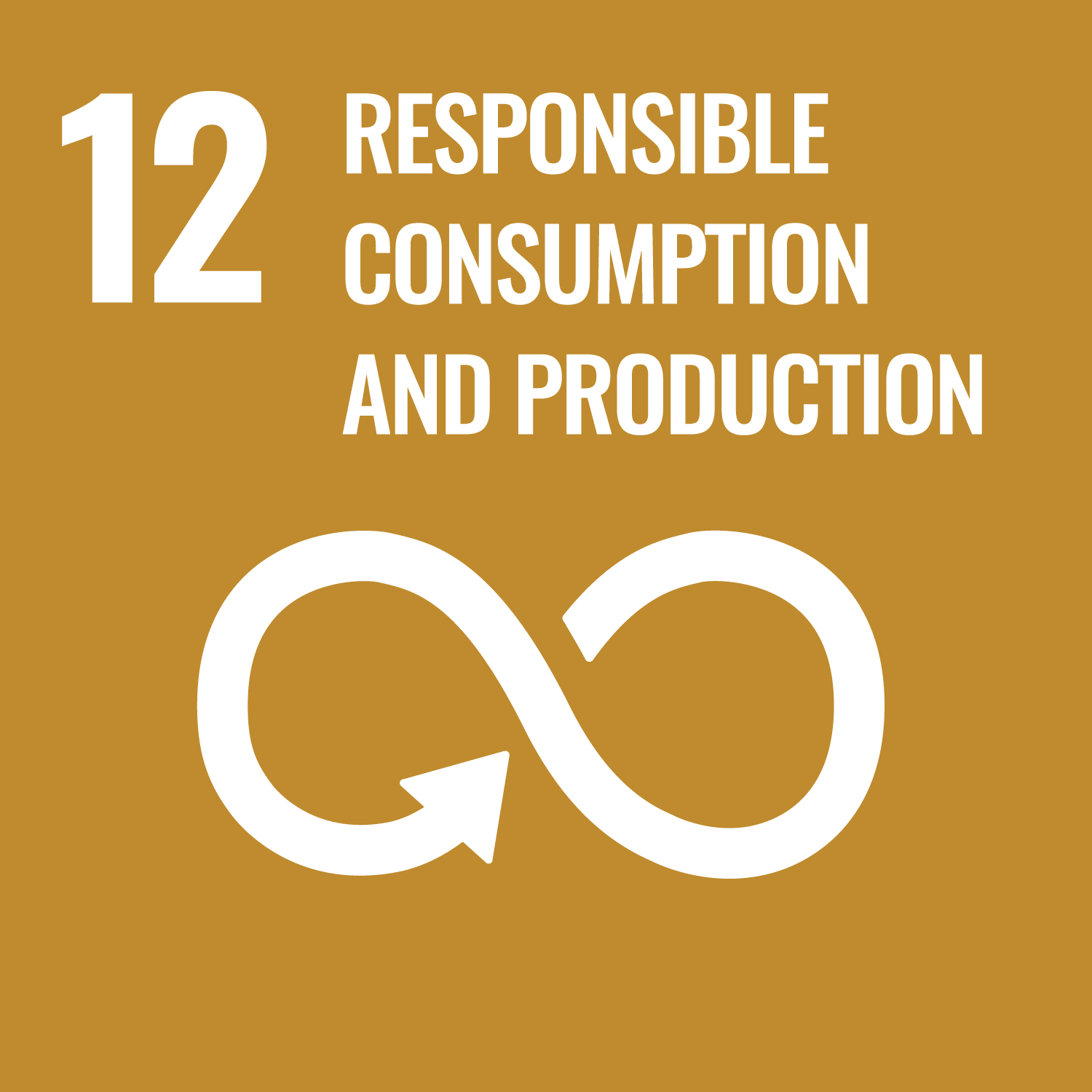
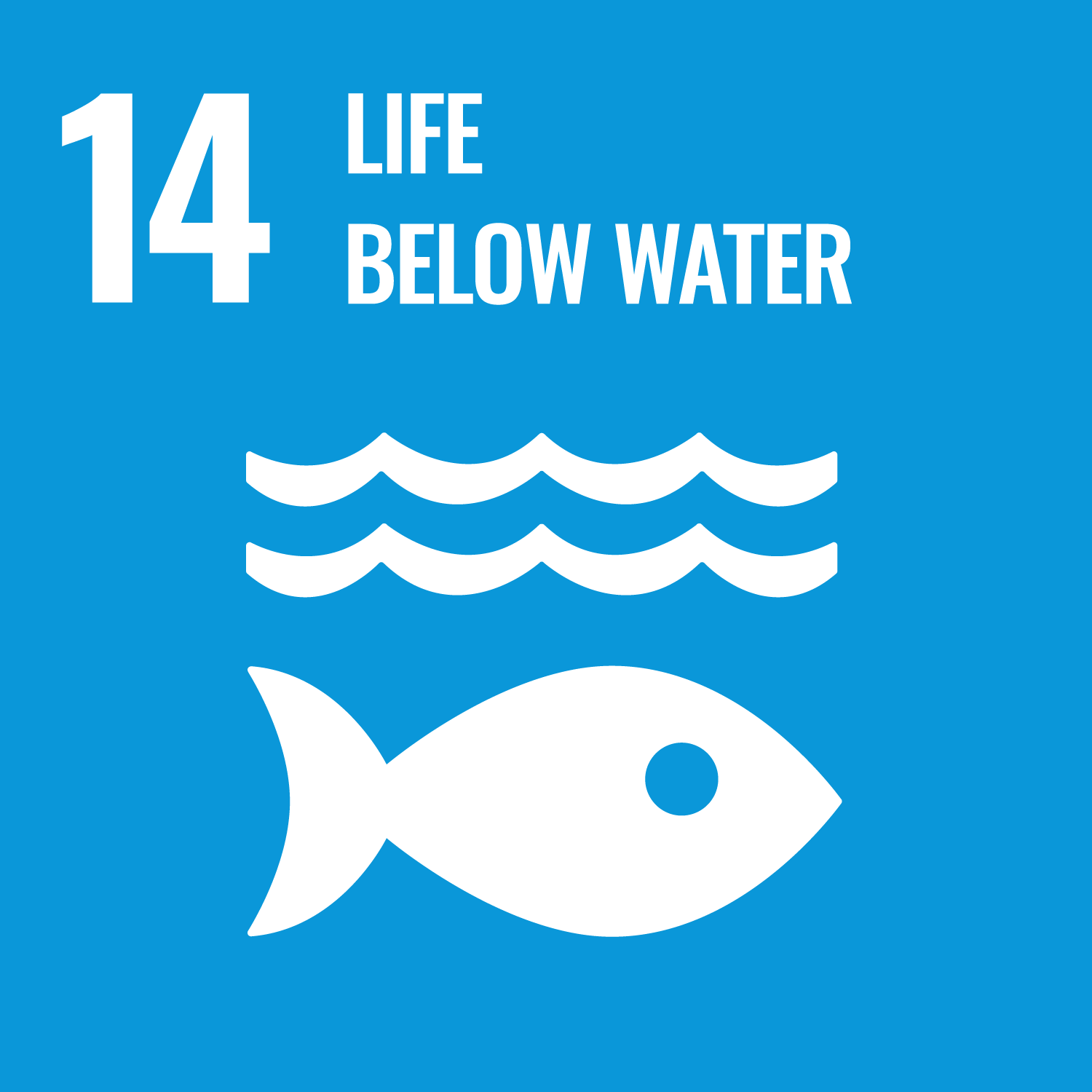
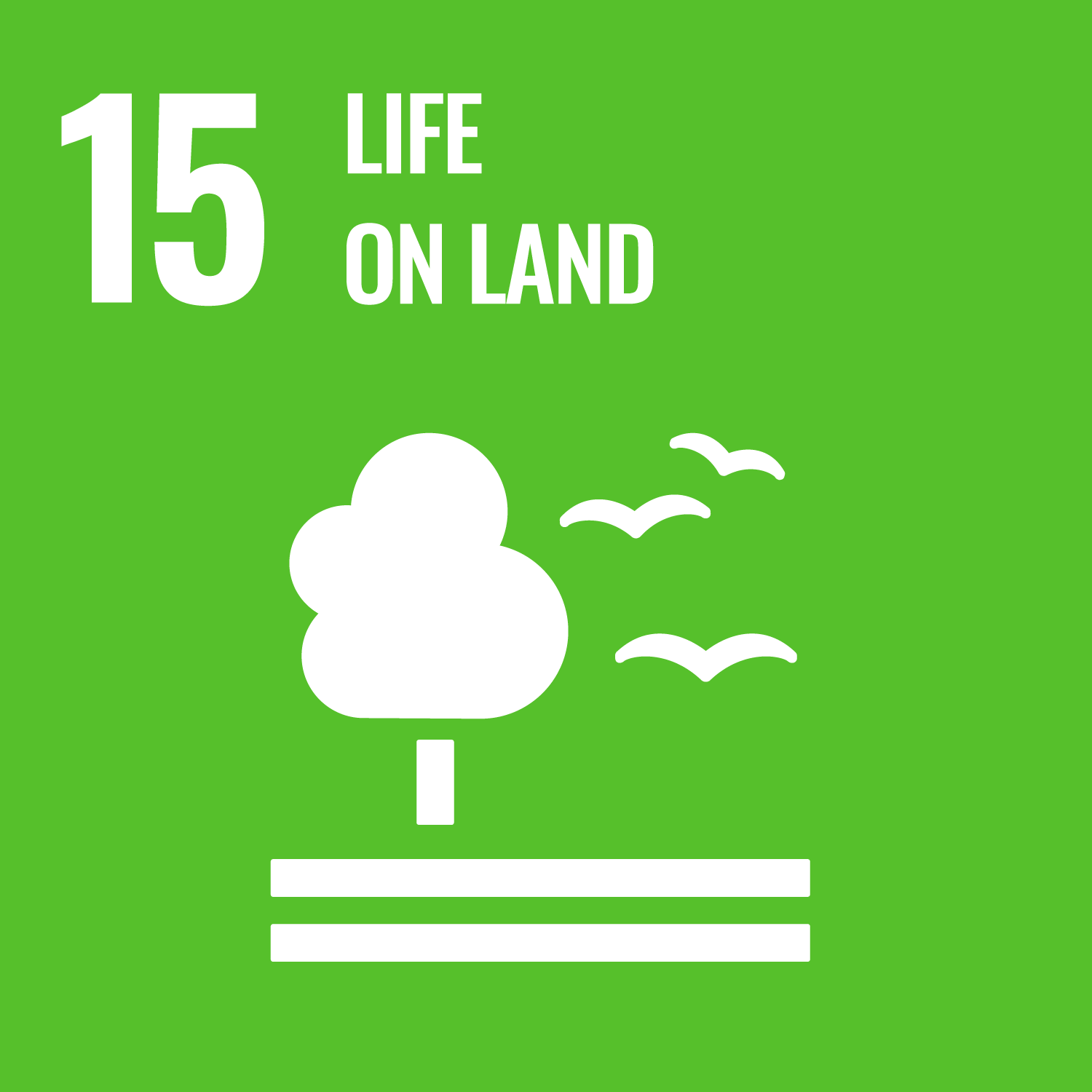
Our way to sustainability
Goals and achievements
In 2019 we began actions to reduce the use of plastics throughout our production chain from the harvest of the Flor de sal d'Es Trenc and virgin Sea Salt from Mallorca to the final packaging of our product for customer service through the different processes of storage of raw materials, product preparation, primary, secondary and tertiary packaging.Objectives
Bis 2026
Plastic Use
By the year of 2026, we want to reduce the use of plastic within the production process by 5%.Waste separation
Reduction of waste from our industrial activities by 5% for paper and cardboardCarbon Footprint
Reduction of CO2 emissions equivalent to the atmosphere by 2.5%
